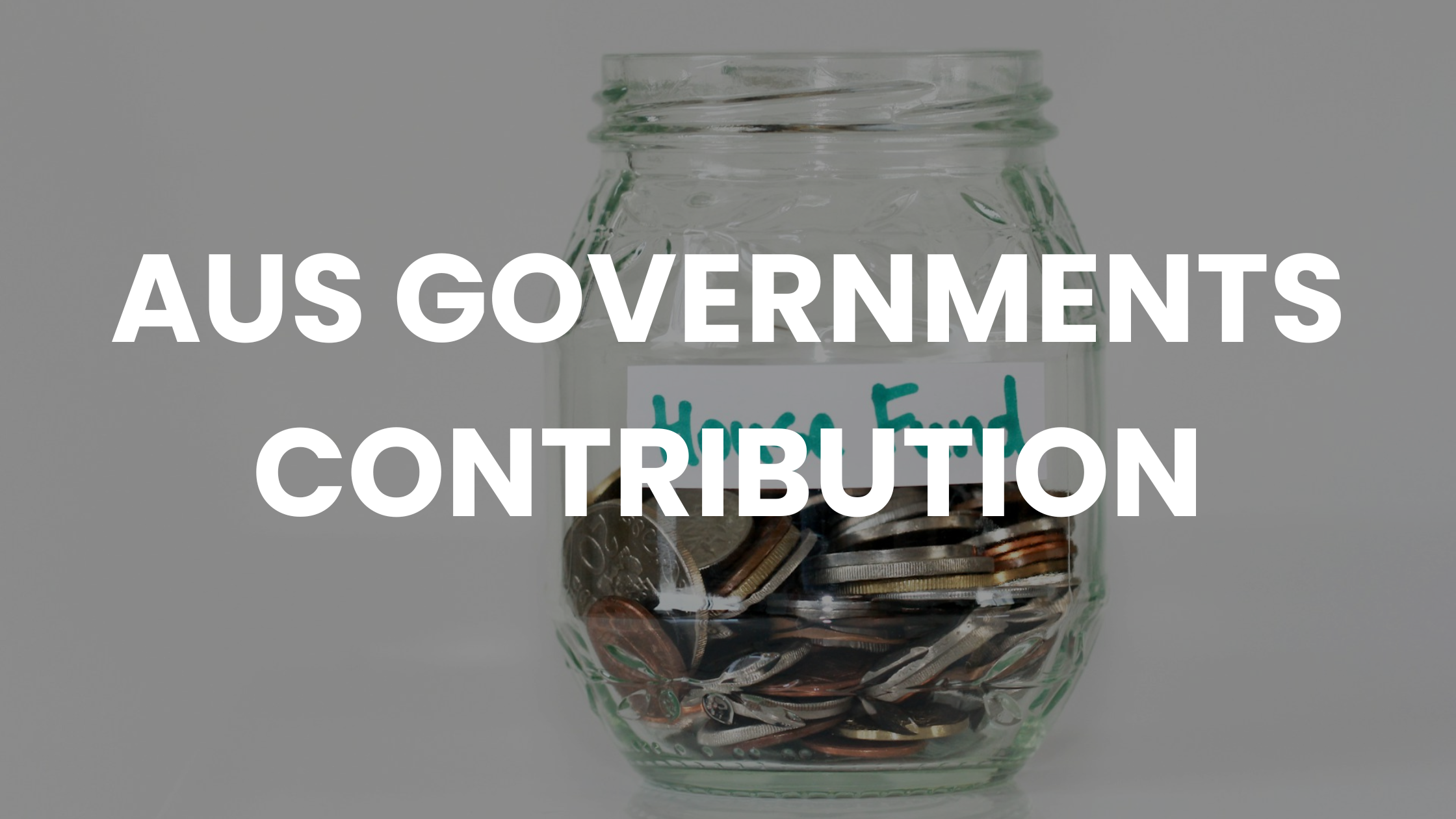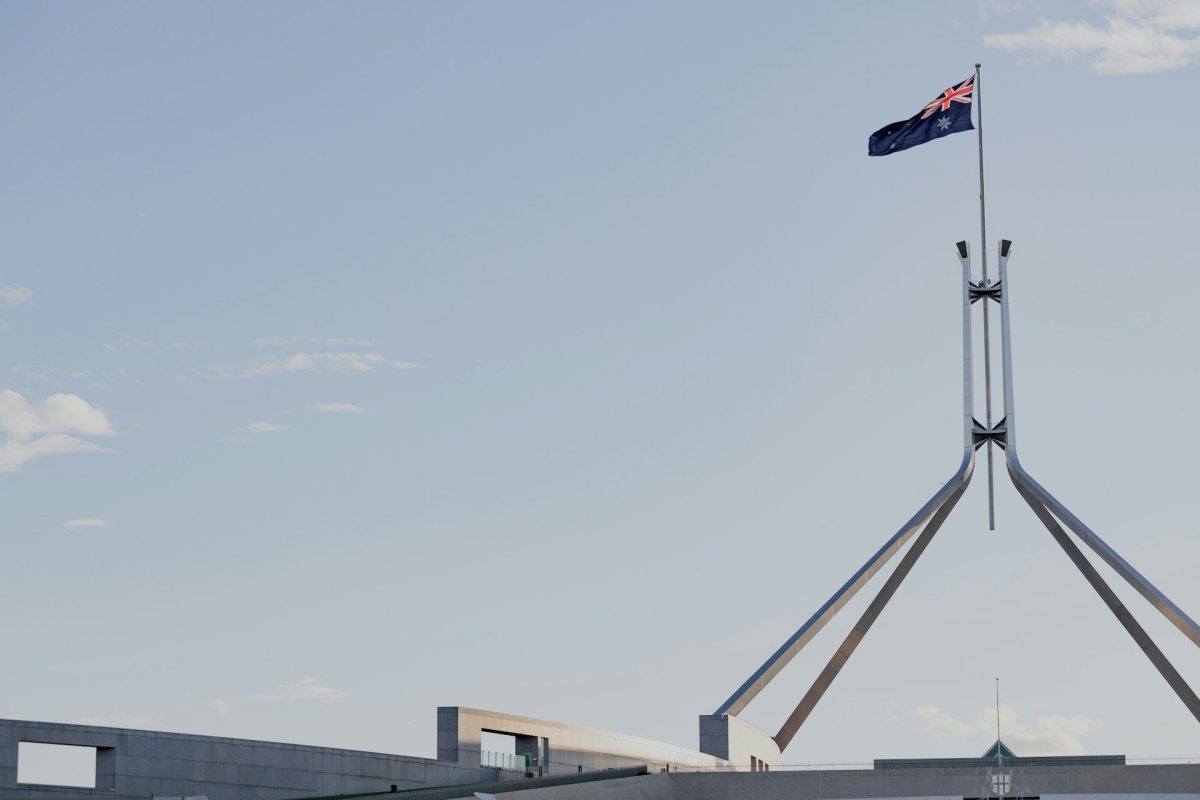Queensland First Home Owner Grant: Your Complete Guide to Accessing $30,000 in 2025

Discover the secrets to hassle-free
home planning and craft your
dream home with confidence,
one step at a time.
The Queensland First Home Owner Grant offers $30,000 to help you build your first home, but understanding how to access and use this grant effectively can be challenging. That’s why we’ve created this comprehensive guide to walk you through everything you need to know.
From checking your eligibility to submitting your application, we’ll share our expert knowledge to help you navigate the process with confidence. As specialists in new home planning, we understand that the grant is just one part of your journey, and we’re here to help you turn your homeownership dreams into reality.
Grant Value and Current Status
The First Home Owner Grant applies to eligible contracts signed between November 20, 2023, and June 30, 2025. The initiative is expected to benefit approximately 12,000 buyers during this period, providing substantial support to those entering the property market for the first time.
For those considering their first home purchase, the timing couldn’t be better. At Foresight Home Planning, we understand the significance of this opportunity and are here to help you navigate the process of securing your grant while finding the perfect builder for your dream home. Our expertise in new home construction and planning can help ensure you maximize this valuable opportunity.
Thinking about building a new home soon and want to secure the first home owners grant?
Drop us an enquiry below with a few details about your goals and we’ll be in touch to help get you the grant and into your new home as soon as possible.
Core Eligibility Requirements

Understanding whether you qualify for the grant is crucial before beginning your home buying journey. The Queensland government has established clear criteria that all applicants must meet:
Age and Citizenship Requirements
You must be at least 18 years old when applying for the grant. While exceptions exist for special circumstances, these are evaluated on a case by case basis by the Commissioner of State Revenue.
The grant is available to Australian citizens and permanent residents. New Zealand citizens holding special category visas may also be eligible under specific conditions. If you’re applying jointly with a spouse or partner, only one applicant needs to meet the citizenship requirements.
Previous Property and Grant Considerations
A fundamental requirement is that neither you nor your spouse should have previously:
- Received a First Home Owner Grant in any Australian state or territory
- Owned residential property in Australia that you lived in from July 1, 2000, onwards
- Owned any residential property before July 1, 2000, regardless of whether you lived in it
Income and Financial Status
One of the most favorable aspects of the grant is that your income has no bearing on eligibility. Unlike many other government assistance programs, there are no maximum income thresholds or minimum employment periods required.
Property Requirements and Limitations
The grant is specifically designed for new homes, with several crucial conditions that must be met:
Value Limits
The total value of your home and land, including any contract variations, must not exceed $750,000. This cap applies to:
- The purchase price for new homes
- The total of land cost plus construction cost for house and land packages
- The estimated total value for owner-builder projects
Eligible Property Types
The grant can be used for various residential property types, including:
- Traditional houses
- Units and apartments
- Duplexes
- Townhouses
- Granny flats (when built on a relative’s land)
Property Condition Requirements
To qualify, the property must be new or substantially renovated. The definition of “new” means the home has never been:
- Sold as a place of residence
- Previously occupied as a residence
- Used for any residential purpose
Eligible Transaction Types
The Queensland First Home Owner Grant accommodates various ways to achieve homeownership, each with specific requirements and considerations:
New Home Purchases
When buying a completed new home, the property must be purchased directly from the builder or developer and must not have been previously occupied or sold as a residence.
Off-the-Plan Purchases
These purchases involve signing a contract for a home that may not yet be built. The contract must be for both the land and the construction of the home, typically in a new development.
Contract to Build
If you’re purchasing land separately and engaging a builder to construct your home, this falls under the “contract to build” category. The building contract must be comprehensive, covering all aspects from foundation to completion.
Residency Requirements
Understanding and meeting the residency requirements is crucial for maintaining your eligibility for the $30,000 grant. The Queensland government has established specific occupancy criteria that all grant recipients must follow:
Move-in Timeframe
You must move into your new home within one year of the completed transaction. This period starts from:
- The settlement date for completed new homes
- The date of the final inspection certificate for built homes
- The date of completion for owner-builder projects
Continuous Occupancy Period
Once you move in, you must maintain the property as your principal place of residence for a minimum of six continuous months. While you can rent out a room during this period, it must not interfere with your use of the home as your primary residence.
Documentation Requirements
Be prepared to verify your occupancy through various forms of documentation, such as:
- Utility bills showing consistent usage
- Electoral roll registration
- Driver’s license address updates
- Other official documentation confirming your residency
Application Process
The process of applying for the First Home Owner Grant requires careful attention to detail and proper timing. Here’s what you need to know:
Application Methods
You have two primary options for submitting your application:
1. Through an approved agent (such as a bank or lending institution)
- This is typically the fastest method
- The agent can verify your eligibility on the spot
- Payment is often processed more quickly
2. Directly through the Queensland Revenue Office
- This option may take longer to process
- The grant isn’t paid until completion of the home
- All documentation must be submitted upfront
Required Documentation
To complete your application, you’ll need to provide:
- Proof of identity
- Australian citizenship or permanent residency documentation
- Marriage or divorce certificates (if applicable)
- Contract of sale or building contract
- Final inspection certificate (for newly built homes)
- Evidence of any financial assistance received
Payment Process
Understanding when and how the grant is paid can help you better plan your finances:
Payment Timing
The timing of the payment varies depending on your application method:
For applications through approved agents:
- New home purchases: Payment at settlement
- Contract to build: Payment on first fund drawdown
- Owner-builders: Payment upon final inspection certificate
For direct applications to Queensland Revenue Office:
- Payment only after completion and document verification
- Additional processing time may be required
- All requirements must be met before payment
Using the Grant as a Deposit
While the grant can technically contribute to your deposit, it’s important to note that:
- Payment timing may not align with deposit requirements
- Additional funds should be available for the deposit
- Lenders may have specific requirements regarding using the grant as a deposit
Common Exclusions and Restrictions
Being aware of what isn’t covered by the grant can help avoid disappointment:
Property Type Restrictions
The grant cannot be used for:
- Existing homes that have been previously occupied
- Investment properties
- Holiday homes or second residences
- Commercial properties
- Land-only purchases
Financial Arrangements
Certain financial situations may disqualify you:
- Receiving substantial financial assistance from non-eligible relatives who will reside in the home
- Arrangements designed to circumvent grant requirements
- Transactions that aren’t arm’s length
Additional Benefits and Considerations
Beyond the First Home Owner Grant, several other benefits may be available to you:
Stamp Duty Concessions
First home buyers in Queensland may also be eligible for:
- Full stamp duty relief on homes valued under $500,000
- Partial relief for homes valued between $500,000 and $550,000
- Land transfer duty concessions for vacant land
Combined Benefits
Understanding how to maximize available benefits is crucial:
- Stack the First Home Owner Grant with stamp duty relief
- Explore additional government schemes and incentives
- Consider regional specific benefits and concessions
Special Circumstances
When considering the first home owner grant, the following situations require special consideration:
Building on Relative’s Land
Special provisions exist for:
- Constructing granny flats
- Building on family-owned property
- Determining total transaction value
Substantial Renovations
To qualify as substantially renovated:
- Most structural components must be removed or replaced
- The renovation must affect the entire building
- The property must not have been occupied since renovation
At Foresight Home Planning, we’re committed to helping you navigate the complexities of accessing the Queensland First Home Owner Grant while finding the perfect builder for your new home. Our experienced team can guide you through every step of the process, from grant application to final construction. Contact us today to begin your journey toward homeownership with confidence and expert support.
Remember, the enhanced $30,000 grant is only available until June 30, 2025. Don’t miss out on this exceptional opportunity to make your dream of homeownership a reality.
FAQ
Still have questions about the First Home Owner Grant? You’re not alone.
As new home planning specialists, we frequently help our clients navigate these common queries about the grant and its application process. Here are the answers to the questions we’re most often asked:
Do the first home owner grant funds get paid directly to my bank?
No, the grant is typically not paid directly to you as the applicant. If you apply through an approved agent (like your bank):
– For new home purchases: The grant is paid to your bank at settlement to go towards your purchase
– For contract builds: The grant is paid to your bank at the first drawdown of your construction loan
– For owner-builders: The grant is paid to your bank once the final inspection certificate is issued
If you apply directly through the Queensland Revenue Office, the payment would still be directed to the lending institution rather than to you personally, to ensure the funds are used for their intended purpose of home purchase or construction.
When should I apply for the First Home Owner Grant?
You must apply within specific timeframes:
– When buying a new home: Within 1 year of taking possession and having your title registered
– When building through a contract: Within 1 year of the home being completed (when the final inspection certificate is issued)
– As an owner-builder: Within 1 year of the home being completed (when the final inspection certificate is issued)
Can I use the grant money as my deposit?
While technically possible, it’s not recommended to rely on the grant for your deposit. The payment timing may not align with when you need to pay your deposit, and different lenders have varying policies about accepting the grant as deposit funds. It’s best to have additional funds available for your deposit.
What happens if I move out before completing the six-month residency requirement?
You must notify the Queensland Revenue Office if you cannot meet the residency requirement of living in the home for six continuous months within the first year. In some exceptional circumstances, the Commissioner may use discretion, but failing to meet this requirement without approval could result in having to repay the grant.
Can I buy an established home with the First Home Owner Grant?
Generally, no. The grant is only available for:
– New homes that haven’t been lived in
– Off-the-plan purchases
– Building a new home
– Substantially renovated homes (under specific conditions)
– Building on a relative’s land (like a granny flat)
What if I’m married to someone who previously owned a home?
If your spouse has previously owned a residential property in Australia that they lived in since July 1, 2000, or owned any residential property before July 1, 2000, this would make you ineligible for the grant. Both you and your spouse must meet the eligibility criteria, regardless of whether they are listed as an applicant.
Can I receive the grant if I’m buying an investment property?
No, the grant is not available for investment properties. The home must be your principal place of residence, and you must move in within one year of completion and live there continuously for at least six months.
Does my income affect my eligibility for the grant?
No, your income has no bearing on your eligibility for the First Home Owner Grant. Unlike some other government assistance programs, there are no maximum income thresholds you need to meet.
What if I need to rent out my home within the first year?
While you can rent out a room during your six-month residency period, it must not interfere with your use of the home as your principal place of residence. However, renting out rooms during the first year may affect your eligibility for other first home concessions, such as stamp duty relief.
What documentation do I need to prove I’ve lived in the home for six months?
You may be required to verify your occupancy through documents such as:
– Utility bills showing consistent usage
– Electoral roll registration
– Driver’s license address updates
– Other official documentation confirming your residency
**Disclaimer: The information provided in this article is based on publicly available information. While we strive to ensure the accuracy of this content, Foresight Home Planning Pty Ltd does not guarantee the completeness or reliability of the information. This article is intended for entertainment purposes only and does not constitute professional advice. Foresight Home Planning does not accept liability for any loss, expenses or damage incurred as a result of reliance on the information contained herein. Readers are advised to conduct their own research and seek professional advice & legal advice before making any decisions related to property purchases, contracts with builders or investments.
